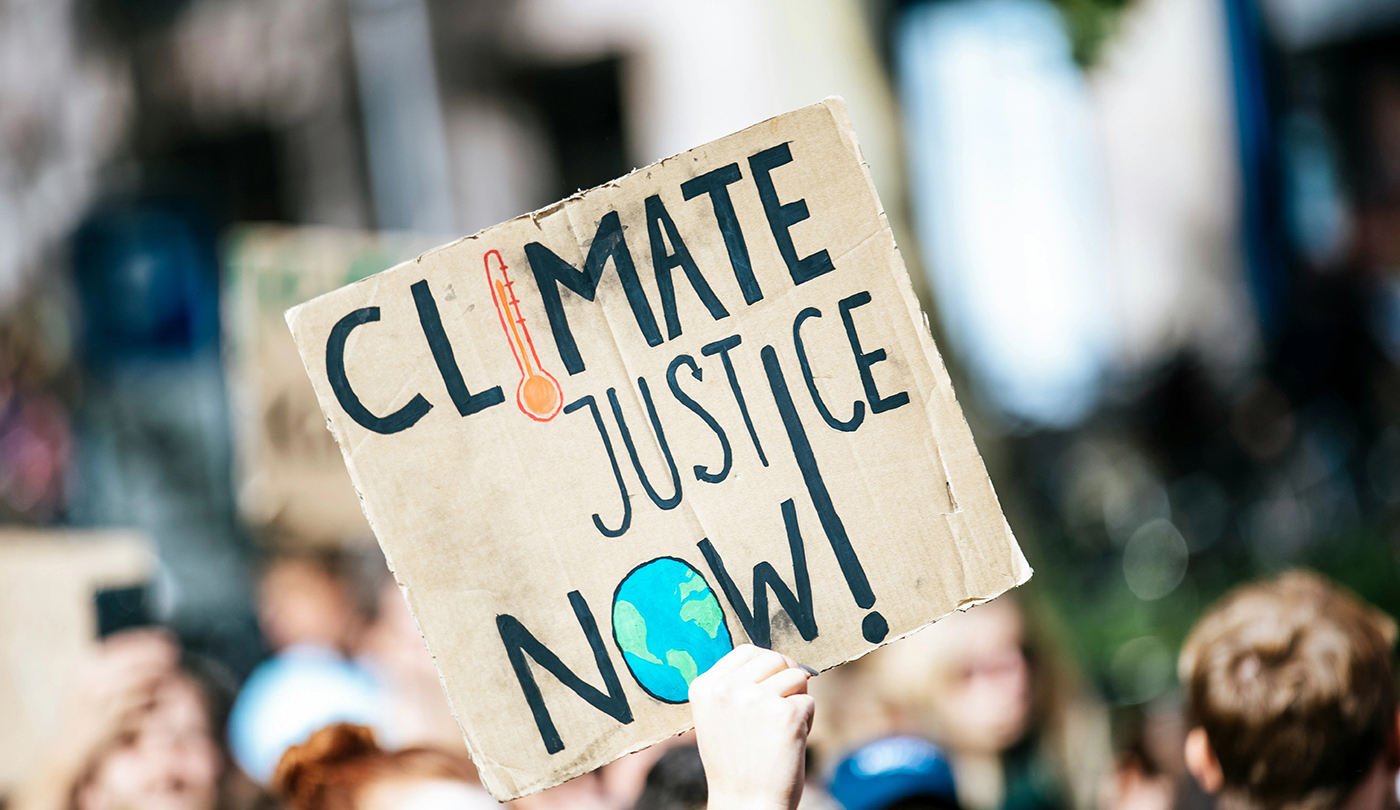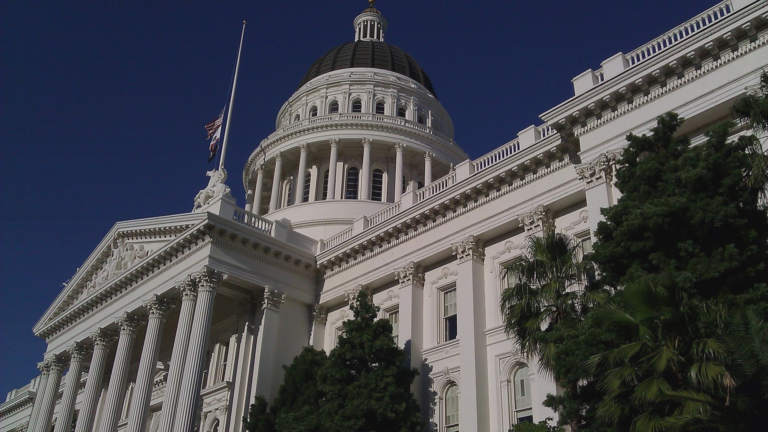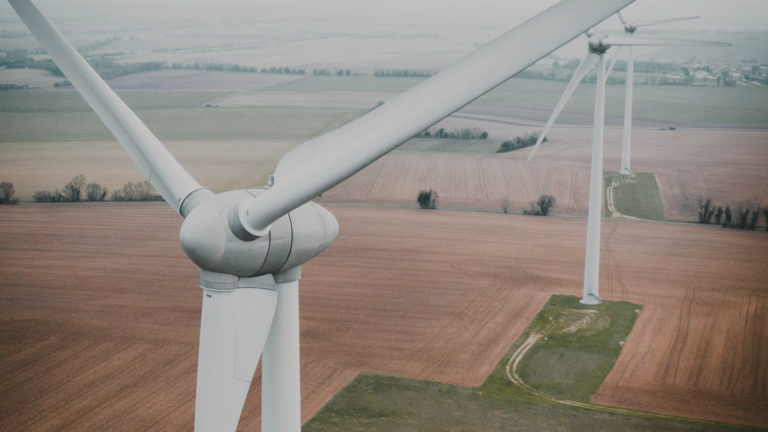Energy Transparency Is Essential as Governments Shift Grids to Non-Fossil Power
- Topics :
- Data Quality Energy
In Conversation: Josh Weber and Valérie Mitan
Published February 9, 2024
 By Josh Weber
By Josh Weber

Recently, I sat down with Valérie Mitan, NZero’s Vice President of Global Environmental Science and Sustainability. Valérie is a dedicated trail runner, a parent of two multilingual children, and a highly skilled motorcycle rider (though she’s given up her favorite adrenaline rush to reduce her carbon footprint). Born into a French-Moroccan family, Valérie studied in Germany, and has lived and worked in Europe, Asia, and the Americas, building a deep, global perspective on the problem of global warming and its human impact across cultures. She is now a U.S. citizen, where she leads a dedicated team of environmental scientists building carbon inventories, analytics, and decarbonization roadmaps for corporate and public sector entities.
So when I wanted to take a look back – and forward – at the state of sustainability and the fight against climate change, Valérie was my natural choice to talk with.
As Valérie settled in and blew steam across the brim of her dandelion root latte, I framed up the question: empirical data shows that global warming has been ongoing since at least the beginning of the 20th century, but the pace has increased dramatically since the 1970s. Recent studies suggest that the rate of warming may again be accelerating, two decades into the 21st century. Has the battle to slow and reverse climate change likewise accelerated? Where were we during 2023, and what will we see in 2024?
“There is no doubt that the pace of warming is increasing,” Valérie told me, “and the problem is that the rate of greenhouse gas emissions from human activity is not slowing.” One of the most important things to happen in 2023 was the release of the Global Stock Take (GST) at COP 28. In order to reach the 2030 target that was agreed to in the Paris Climate Accords in 2015, global emissions would need to be reduced by approximately 7% every year until 2030. Instead, GST indicated that emissions have increased by approximately 1.5% annually. “This is sobering,” She told me, “but like poor marks on a midterm exam, it emphasizes the urgency for all nations to course correct.”
“If the GST numbers at COP 28 were sobering,” I asked her, “were there other positives that came out of the conference?”
She immediately pointed to the pledge made by over 100 nations to accelerate the transition away from fossil fuels, by tripling the global capacity of renewable energy, and doubling the annual rate of energy efficiency improvements before 2030. However, nothing was done to reduce subsidies to oil and gas industries, and no OPEC nations signed the pledge.
“The stronger progress in 2023 was made on the regulatory front,” Valérie explained, “as well as technology.”
She pointed to New York’s Local Law 97 and the implementation of the European Union’s CRSD, among others. These represent impactful regulations with consequences. Aspirational pledges and goal setting is good, but in 2023, for the first time, she explained, decarbonization began to grow teeth.
“But just penalizing companies will not be enough, will it?” I asked.
“Don’t forget the Inflation Reduction Act,” she said. In 2023 the Biden Administration secured $369 billion over 10 years that is critical to enable the U.S. to meet the Global Renewables and Energy Efficiency Pledge signed at COP 28. “Frankly, it’s only a drop in the bucket of the investment we will need, but it is the largest investment in clean infrastructure ever passed.” Also not to be forgotten, she pointed out, was the key agreement at COP 28 to operationalize the loss and damage fund to aid vulnerable countries that are impacted by climate change.
“So those items are future investments,” I said. “Let’s talk about the future. Can you peer into your crystal ball and give me some predictions for 2024?”
Valérie sat for a moment behind her cup. As a data-driven scientist, predictions are hard for her. Probabilities she can manage, but predictions are another thing. “I can’t,” she said, “and one of the reasons is elections.”
She ran through a list of countries facing pivotal elections in 2024 that, if they break against climate policy, could significantly derail the already insufficient pace of decarbonization. She specifically put the U.S. election at the top of the list. If the policies of the Biden Administration are reversed, rather than accelerated, she believes that the U.S. will have no chance to meet its Paris targets, and neither will the world.
I asked her to dig into the details, give me some predictions that don’t involve calling dozens of national elections around the world. “Ask me questions,” she said, “and I’ll give you answers – but these aren’t scientific predictions, they’re educated gut predictions.”
Fair enough. I started the interrogation:
“In 2024, will we move to a low carbon, distributed energy world, with batteries in homes?”
“Not that broadly in 2024. Regulation will move too slowly, but the cost of storage will drop and big players will do it.”
“What will be the most impactful technological improvement?”
“Green steel and Green cement will hit more widespread production. These technologies are critical to reduce the massive lifecycle emissions problem. And, if I can name a second, actual, effective carbon capture and storage will emerge as a viable alternative, not just as a corporate shell game ploy.”
“Will significant nuclear generation go into development?”
“No, regulations won’t move that fast, but the last technological constraints for modular and next generation nuclear power will get solved. Stay tuned.”
“What will be the positive surprise? What will be the deus ex machina in the narrative of 2024?”
“A boom in supplier engagement and collaboration will demystify supply chain Scope 3 carbon emissions.”
“What will give you the most hope?”
The younger generation will continue to reduce consumerism, waste and unnecessary consumption, which will blunt emissions increases.

VP, Environmental Science
“You told me we increased emissions by 1.5% during the last measurement period. In 2024, will it be 1.5% globally again, or will emissions be flat or even declining?”
“We could do it this year, but we likely won’t. The human and environmental impacts of wars are massive, and still difficult to accurately quantify. With two major ongoing wars, the likelihood to reach our global emission reduction goals are at great risk.”
As we packed up our bags, I had one last question. “We keep setting targets, but we keep missing them. How do you keep going against these odds?”
Valerie sat back down at the question, her face intense and focused. “We do this work because we have hope. Our team of environmental scientists, along with so many of us everywhere, keep rolling up our sleeves every day because we know that collective action will yield positive change. We believe that we can be the change that we want to see, for our future generations, and for our one and precious planet.”
She explained that when she graduated twenty years ago, she and her peers studied electrochemistry because they wanted to work on clean energy systems. They wanted to design more efficient and powerful fuel cells, renewable energy solutions and battery storage, accelerate the shift to clean transportation, all the things they already knew the world was going to need in order to combat global warming, but twenty years ago there were very few jobs in this field. Valerie worked in the semiconductor industry for many years. But today, she told me, there are jobs everywhere for new graduates, and mid-career professionals like her are fully engaged in their mission, doing work like hers or starting sustainability technology companies. There is awareness now, support and opportunity. Failure is not an option. That’s why she has hope; that’s why she believes.
It wasn’t news to me that the pace of progress has been too slow, yet in the rush of news articles and opinion, social media and chatbot summaries, it can be easy to miss just how urgent it is to ramp up the current trajectory. We’d like to hear that the past year marked the turning of the tide, but that wasn’t the news. If 2023 has given us anything, it is clarity – a sobering clarity, yes, but tangible measurements. You can’t effectively change what you can’t measure, whether you are an individual, a corporation, or a public body. Yet, here we are, half way through the Paris Accords timeline, and our midterms indicate that we are not on track, and we must correct course. If 2023 was a year of measurement, 2024 must be a year of action.








